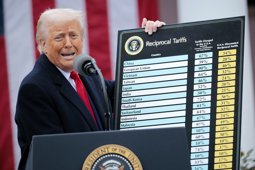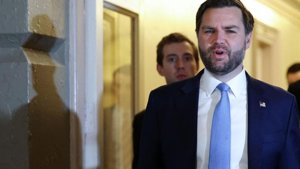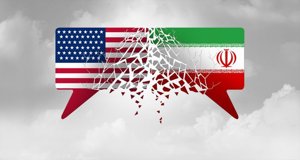
Israel, U.S. Discuss Tariff Reduction
Israeli Finance Minister Bezalel Smotrich announced that Israel is in active negotiations with the United States aimed at reducing tariffs imposed by U.S. President Donald Trump. In a post shared on the social media platform X, Smotrich stated, “The Ministry of Finance is maintaining an ongoing dialogue with the U.S. administration with the aim of reducing the scope of the tariffs and reducing their impact on Israeli industry.”
The announcement follows a significant trade move earlier this week in which Israel lifted all tariffs on American imports. The unilateral action was seen as a gesture of goodwill and a step toward strengthening economic ties with the United States amidst heightened global trade tensions.
Smotrich’s statement emphasized the economic strain that the tariffs have placed on Israeli industries and highlighted the ministry’s efforts to ensure that local businesses are not adversely affected by U.S. trade policies. The talks mark a collaborative effort to reshape the tariff framework and support bilateral economic cooperation.
The move is part of Israel’s broader strategy to mitigate external economic shocks and preserve access to key markets. Reducing U.S.-imposed tariffs would likely help stabilize input costs for Israeli manufacturers and improve competitiveness for exporters operating within the American market.
While details on the negotiation timeline and potential outcomes have not yet been disclosed, the developments reflect a diplomatic effort to recalibrate trade dynamics without escalating tensions. Both nations have a long-standing economic relationship, and the current talks suggest a mutual interest in sustaining open trade channels amid evolving global economic policies.
As the discussions progress, businesses in both countries are expected to monitor closely for updates that could affect cross-border trade, pricing, and regulatory frameworks. The outcome may also set a precedent for how other U.S. trade partners approach tariff reduction under President Trump’s current trade regime.






